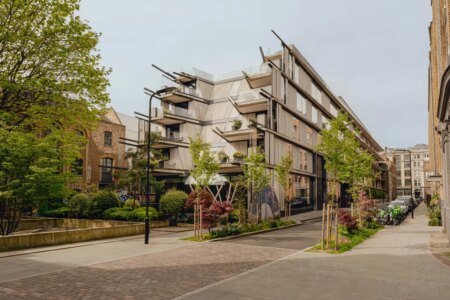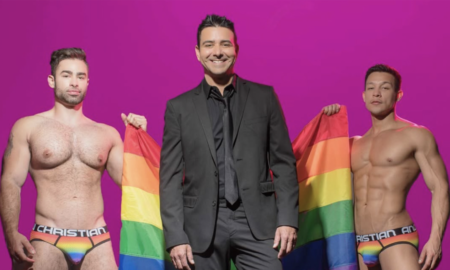Gay A-lister – or G-A-lister -Jonathan Bailey has emerged as a passionate advocate for the elder LGBTQ+ community. Speaking about his motivations, Bailey emphasises that older LGBTQ+ people often face unique vulnerabilities, including a higher likelihood of being single, having fewer children, and experiencing homophobia in care settings. This demographic frequently encounters the painful reality of having to conceal their identity once more when moving into care homes, a phenomenon often referred to as ‘going back in the closet.’ According to Bailey, these elders deserve special attention and support because they ‘fought so hard’ to secure the rights and visibility enjoyed by younger generations.
Bailey’s commitment goes beyond words. Through his charity, The Shameless Fund, he has prioritised grants to organisations dedicated to supporting elderly LGBTQ+ individuals. As he explained in an interview with Time, the first grants given by the fund included two to charities providing critical care and advocacy for this often-overlooked group. The urgency of this support is underscored by the broader socio-political climate, where the erosion of LGBTQ+ rights has intensified the need for visibility and community care. Bailey highlights the emotional toll of growing up with the fear of one’s identity being a source of rejection, often resulting in lifelong isolation and a lack of familial support.
The challenges faced by LGBTQ+ elders in care environments are well-documented and deeply troubling. Studies show that over a third of LGBTQ+ seniors feel compelled to hide their sexual orientation or gender identity when entering elder care due to fear of discrimination and mistreatment. Michael Adams, CEO of SAGE, a prominent LGBTQ+ senior advocacy organisation, has been vocal about the need for inclusive and affirming care spaces where LGBTQ+ seniors can live authentically without the threat of re-closeting. This is not merely a matter of comfort but one of dignity and mental health for many seniors who spent decades concealing or suppressing their true selves.
Health and housing insecurity compound these issues. Many LGBTQ+ elders carry a historical mistrust of healthcare and government institutions due to past and ongoing discrimination. This mistrust often leads to avoidance of necessary services or concealment of identity, which in turn results in poorer health outcomes and social isolation. Experts advocate for training care providers in LGBTQ+ cultural competence to ensure seniors receive respectful and equitable support. Beyond professional care settings, community initiatives and advocacy groups like Bailey’s Shameless Fund play a critical role in creating support networks and safe spaces for LGBTQ+ elders.
In this context, Bailey’s advocacy and financial contributions through his charity are part of a larger movement aimed at rectifying systemic neglect and creating visibility for LGBTQ+ seniors. The cultural significance of such efforts cannot be overstated in a period where LGBTQ+ rights face renewed threats. Bailey himself notes that any act of kindness and support—especially for vulnerable members of the community—is profoundly powerful right now, reinforcing the need for concerted action and solidarity.
Source: Noah Wire Services


















